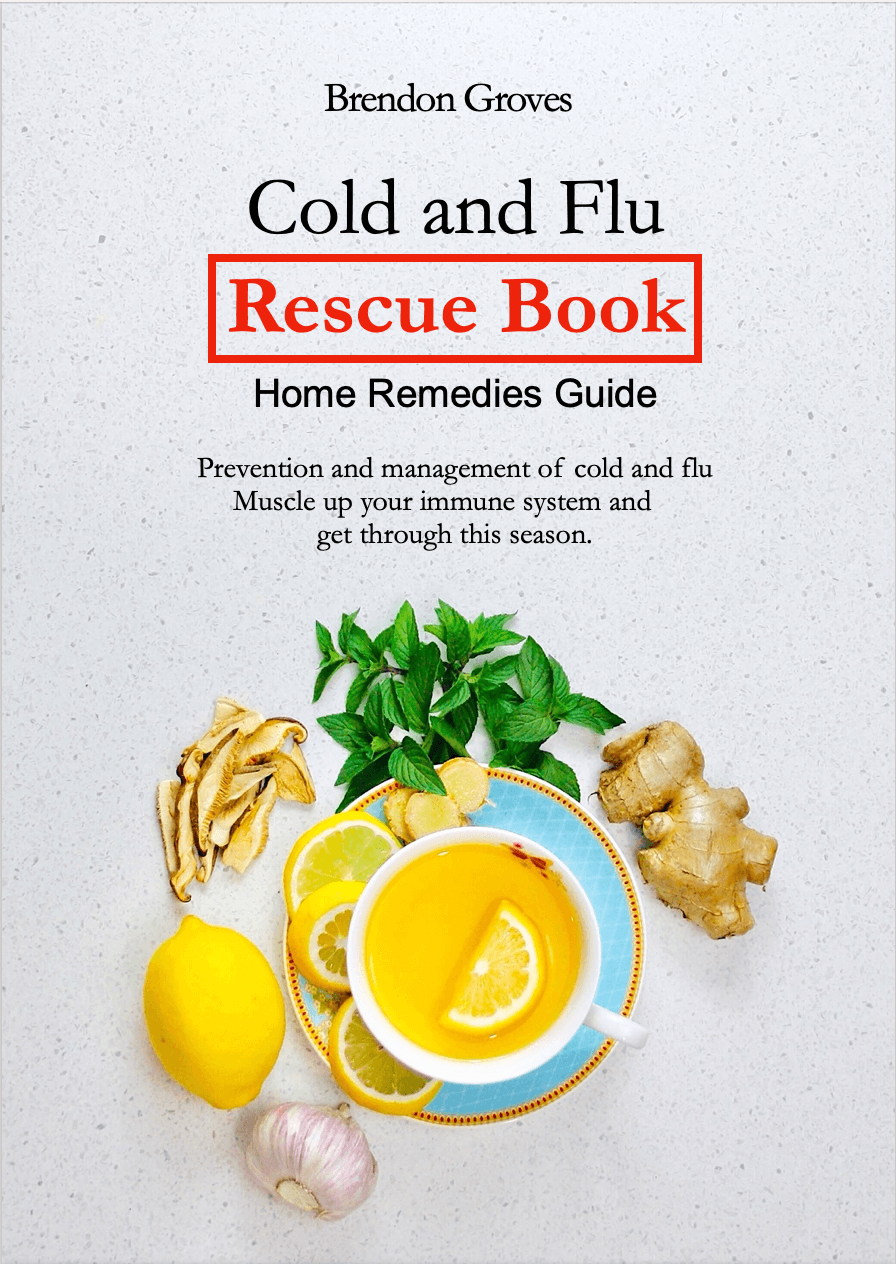Natural Medicine for
Cold and Flu
Build a Healthy Immune System
Boost Immune Response
Prevent Post-Viral Fatigue
Preventing Cold and Flu Viruses
The common cold and influenza are typical but can disrupt our daily routines, work, family, and income. We have specific treatment protocols to minimise this disruption and reduce your chances of getting sick from a cold or flu.
Our approach focuses on treating the symptoms and empowering you to take control of your health. By addressing mild conditions in their early stages, we aim to reduce the risk of them developing into full-blown respiratory infections.
Restoring Your Immune System
If you’re feeling under the weather due to a cold or flu and it’s affecting your performance, we can suggest herbal or nutritional formulas with antiviral, decongestant, and immune-boosting properties. This formula can provide relief and help you get back on track. If you want to reduce the duration of your cold and flu, Book Now and ask about our Cold and Flu Survival Kit to prevent and treat anti-inflammatory colds and flu.

Cold & Flu Rescue Book
Home Remedies Guide
Prevention is better than cure, and it is never more true today with new strains and variants of viruses emerging. Muscle up your immune system and get through this season. Applying the suggestions and making remedies to treat the early symptoms will reduce the risk of a respiratory virus from progressing to a more severe condition, such as pneumonia.
Learn How To Make Home Remedies
Conveniently prevent and treat the early symptoms of colds and flu with easy-to-make home remedies—crafted from ingredients readily available in your pantry or supermarket.
The difference between a Cold and Flu
The symptoms of cold and flu can seem similar, but they are actually different. Cold symptoms develop gradually and worsen over time, while flu symptoms appear more quickly and are more severe. Please refer to the lists below for an idea of what you might be experiencing. It is important to consult a healthcare professional for an accurate diagnosis. These checklists are for guidance purposes only.
Cold Symptoms Checklist
◻︎ Sudden onset, within a few hours
◻︎ It affects the whole respiratory system
◻︎ Fever over 38 C (100.4 F)
◻︎ Aching muscles, especially your back, arms and legs
◻︎ Sweats
◻︎ Dry cough, no or little mucus
◻︎ Wheezing
◻︎ Fatigue, no or little energy
◻︎ Nasal congestion
◻︎ Sore throat
◻︎ Feel cold, chills
◻︎ Headaches
◻︎ Stuffy and runny nose
Flu Symptoms Checklist
◻︎ Sudden onset, within a few hours
◻︎ It affects the whole respiratory system
◻︎ Fever over 38 C (100.4 F)
◻︎ Aching muscles, especially your back, arms and legs
◻︎ Sweats
◻︎ Dry cough, no or little mucus
◻︎ Wheezing
◻︎ Fatigue, no or little energy
◻︎ Nasal congestion
◻︎ Sore throat
◻︎ Feel cold, chills
Why is Cold and Flu Prevalent in Winter?
Cold weather can compromise the body’s initial defence against cold and flu viruses, primarily in the nasal passage. The mucous lining within the nasal cavity serves as a sophisticated barrier, trapping and immobilising viruses. Subsequently, the body expels this mucus through swallowing, directing it to the stomach, the defence system, effectively trapping where acids neutralise the viruses.
However, during winter, the dry air can impede the clearance of mucus, leading to an increased influx of viruses that may overwhelm the immune system. It’s important to remember that our immune system is a powerful defence mechanism, and even when these conditions challenge it, it’s working hard to protect us. Consequently, symptoms such as a runny nose, fever, or cough may manifest as the body’s defence mechanisms strive to combat the invading viruses.
Complications of Cold and Flu?
Usually, a cold starts in the nose and goes to the throat. It may travel down the windpipe to the lungs. Complications occur with time and the deeper the virus enters the body. The flu has a more sudden onset and can progress rapidly. Treating your colds and flu as soon as possible is wise to prevent lung infection, bronchitis or pneumonia. If you suspect you have any of these conditions, please see your healthcare professional immediately.
Bronchitis
Cold and influenza viruses can exacerbate pre-existing conditions such as asthma and bronchitis. Asthma is characterised by inflammation and constriction of the airways, resulting in reduced airflow to the lungs, while bronchitis involves inflammation of the bronchial tubes.
When these conditions are further aggravated by viral infections, such as the common cold or the flu, individuals may experience heightened symptoms, including increased shortness of breath, persistent wheezing, and a productive cough that produces mucus. It’s essential to be aware of these potential complications and to seek appropriate medical care if these symptoms arise.
Dehydration
Dehydration frequently occurs when you have a cold or the flu. Some symptoms to watch for include feeling unusually tired and sluggish, experiencing dryness in your mouth, noticing that your urine is darker than usual, and feeling lightheaded or dizzy. These signs may indicate that you must increase your fluid intake to prevent dehydration.
Ear Infections
Colds and flu can lead to ear infections, particularly in children because their smaller eustachian tubes are more prone to becoming blocked when inflamed. These are out of the ear, and when they become obstructed, fluid builds up, and an increased risk of infection can result in tube drain flu. It’s essential to be mindful of this possibility, especially during the colder months when colds and flu are more prevalent.
High Blood Pressure
Viral infections have the potential to cause heart-related complications, including an increase in blood pressure. When experiencing chest pain resembling heart attack symptoms, it is crucial to seek immediate medical attention from a healthcare professional or visit the nearest hospital.
What Causes Cold and Flu Headaches?
One common symptom of a cold or influenza is the onset of headaches. These headaches are often caused by the body’s immune response to the viral infection. During an infection, the immune system releases signalling molecules called cytokines, which can lead to inflammation and subsequent headaches. Additionally, a blocked sinus can contribute to headaches as the mucus pressure builds up in the sinuses, causing discomfort and pain.
What’s a Good Natural Cold and Flu Remedy?
Here are several simple remedies you can easily prepare using common ingredients or purchase at your local health food store. Additionally, I recommend checking out the “Cold and Flu Rescue Book“ for more comprehensive guidance on managing cold and flu symptoms. However, if you need professional assistance, please do not hesitate to contact us.
- Add garlic to meals and try the “Garlic Elixir.“
- Ginger tea
- Home-Made Cough Mixture
- Vitamin C
- Vitamin D3
- Zinc
- Echinacea
- Rest
- Keep warm
- Blow your nose regularly to clear the mucus
How to Keep Hydrated
Keeping yourself well-hydrated is essential for managing nasal congestion. Drinking 2-3 litres of water daily can help loosen mucus and ease congestion. Additionally, consuming honey and lemon drinks can relieve your throat while contributing to your overall hydration.
What to Eat When Have a Cold or Flu
When you’re under the weather, it’s crucial to opt for easily digestible and nourishing meals. You might want to consider steaming vegetables such as carrots, spinach, and zucchini, and preparing a variety of soups like chicken, miso, or vegetable soup. Additionally, vegetable broth can provide essential nutrients while being gentle on the stomach.
Incorporating plain toast, rice, and stewed pear and apple can also help provide the necessary sustenance without overwhelming your digestive system. Check out our “Chicken Soup for Colds” in our publication “Cold and Flu Rescue Book” for more tips and recipes to help you feel better.

A Cold or Flu Can Get Nasty
The suggestions on this page are general in nature and are for educational purposes only. The recommendations do not take into account your specific needs. Before you make changes to your routine or embark on any herbal or nutritional supplements, it is wise to check with your healthcare professional.
No viruses should be taken lightly. If the cold or flu symptoms don’t resolve quickly, seek medical advice from your healthcare professional.
Any persistent cough accompanied by a headache or fever and yellow or green mucus should be evaluated by a healthcare practitioner. Children with persistent coughs should see a doctor as soon as possible.

Chicken soup for colds & flu’s
Chicken soup has a long history as a remedy for symptom relief for upper respiratory tract infections like colds and flu. Scientific research has confirmed that chicken soup has a mild anti-inflammatory effect which is thought to provide symptomatic relief in these upper respiratory tract infections.
How to Avoid Catching Colds
- Germs don’t fly, they hitchhike. Wash your hands properly and keep them away from your nose and mouth.
- Germs travel on almost anything, on phones, handrails and door handles. Wash your hands regularly.
- Always use tissues once only throwing them in the bin/trash.
- Always wash your hands after blowing your nose.
- Don’t share cups glasses or eating utensils especially at work.
- Change your toothbrush if you have a sore throat and clean it daily.
How to Combat
Colds and Flu
- Don’t share towels, change your pillowcase every day.
- Rest when possible
- Reduce sugar intake your immune system will appreciate it.
- If you get sick, keep hydrated, drink plenty of water defiantly no tea or coffee.
- While you are sick reduce mucus forming foods by eliminating dairy, wheat products and red meats.
- Blocked noses respond well to steam inhalations and essential oils like eucalyptus. A saline nasal spray is also helpful.


